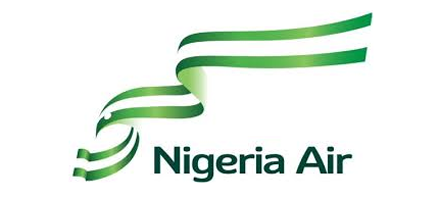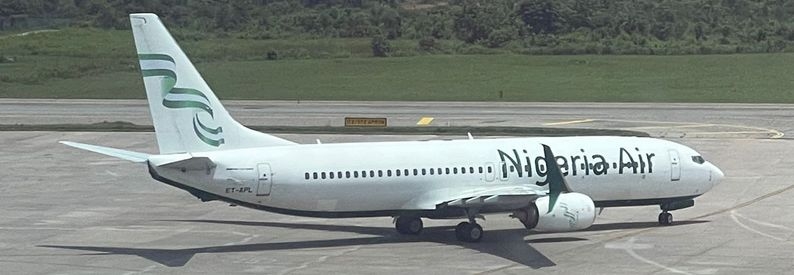Nigeria Air (Lagos) – of which the government will own a minority stake of 5% - is planning to take off by April 2022 after years of preparation, according to an announcement by the West African country’s aviation minister, Hadi Sirika.
A 49% stake will be held by as yet unassigned strategic equity partner or partners, while the remaining 46% will be owned by Nigerian entrepreneurs, placing at least 51% majority shareholding in the hands of Nigerians, he told a news conference in Abuja after a Federal Executive Council (FEC) meeting.
He said the strategic equity partner/s would be sought during procurement, which was the next phase in the establishment of the airline. This comes after the Federal Executive Council (Cabinet) had eventually approved the outline of a business case for the establishment of a new national carrier after a memorandum to this effect had been submitted to it six times.
The airline was first mooted in 2018. As reported previously, the business case sees private investors raising USD250 million.
Nigeria Air would start with domestic operations, before moving onto regional- and later long-haul or intercontinental routes, Sirika told Daily Trust newspaper, which cited him saying that certification with the Nigerian Civil Aviation Authority (NCAA) had begun. He said based on the workload that had gone into the planning, the April 2022 timeline was feasible.
Speaking at the same news briefing, Nigeria Air project leader and transaction advisor Tilmann Gabriel, who is the managing partner of global consultancy tianaero t. gabriel, said the use of wet-leased aircraft would be the easiest and most cost-effective way to start the airline. To that end, conversations with unspecified European ACMI specialists have begun about the induction of three aircraft.
“We are talking to leasing companies but at the same time, we are ordering for new aircraft. With the wet lease, the lessor will provide the aircraft, crew, maintenance, and insurance. This will also reduce the rigor of certifications that come with unregistered,” he said, adding that the wet lease will also provide an opportunity for Nigerian professionals to be trained ahead of the new aircraft acquisition.
While Sirika did not delve into any specific details, initial reports said domestic and regional routes would be served with a narrow-body fleet, while B787 or A350s were suggested for intercontinental services to Europe and the US.
Sirika said the new airline was expected to generate about 70,000 jobs in the first few years, more than the total number of civil servants in the country.
He said the establishment of the new national carrier was in line with the African Union Agenda 2063 - which aims to create an integrated continent based on the ideals of Pan-Africanism and African Renaissance – and the AU’s Single African Air Transport Market (SAATM) project that aims to create a single air transport market. The quickest way to achieve this was through air transport, he said.
“It’s doable, it’s time-taking, but with aviation, within a year, once the right policy is in place, like SAATM, you can connect Africa and then of course, the needed integration will happen,” he said.

